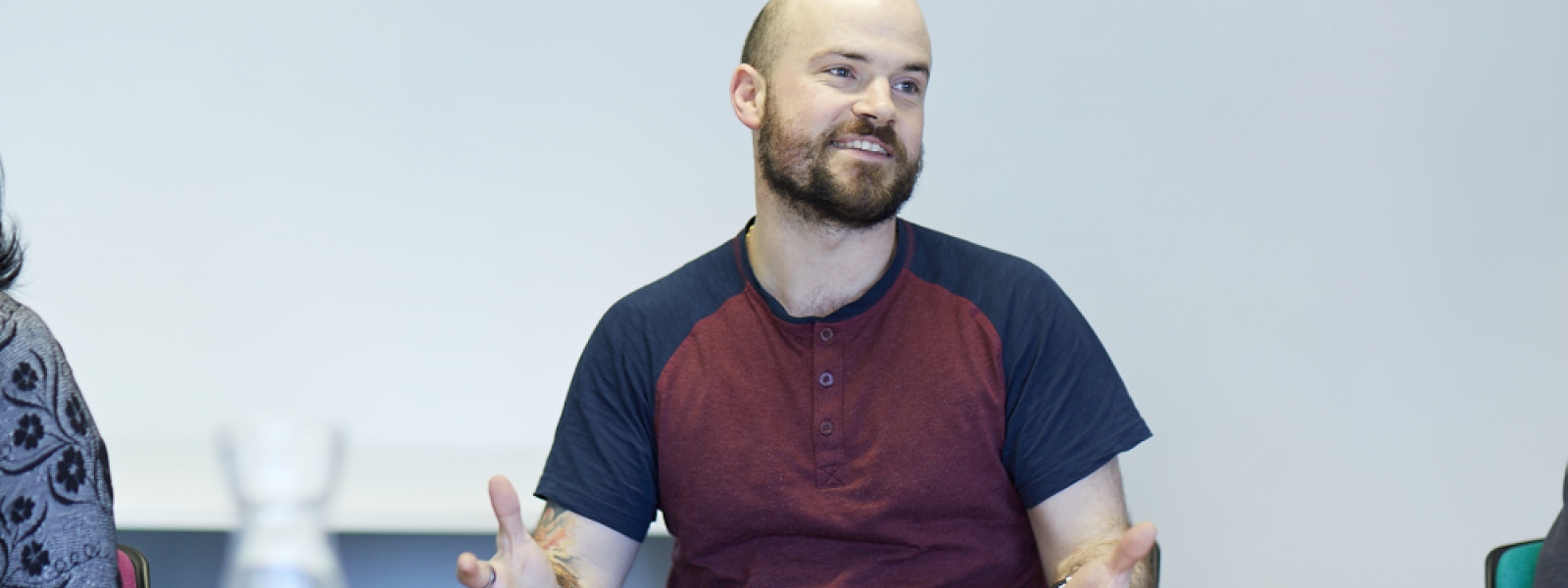Apr
16
2015
How to say “No” at work (and still win friends and influence people)
We all know what it’s like, you’re trying to make it to the next level on the career ladder and the temptation to say “Yes” to everything can seem overwhelming.
Do you find yourself:
- Burning the candle at both ends?
- Wearing the long hours that you work like a badge of honour in the hope that somebody somewhere will notice?
- Giving up your weekend to get that report completed?
If you answered yes, it’s a dilemma that resonates with us all.
It’s all too easy to get caught up in the “Yes” default. We know from research in the field of neuroscience that when we encounter stress we can experience what Dan Goleman refers to as an ‘amygdala hijack’ - a fight, flight or freeze scenario where the not-so-smart part of your brain takes over. It’s easy to panic and go straight to “Yes” out of the fear that we’ll miss out if we don’t. However, there are only so many hours in the day when you’re already attempting the herculean feat of maintaining a precarious work-life balance.
So how do you override an amygdala hijack and respond with a considered “No” whilst remaining a contender for the next promotion? Saying no requires a balance of emotional intelligence, mindfulness and strategic career judgment, but what does that look like in real life?
Elad Levinson, Organisational Effectiveness Consultant, calls this a ‘Mindful Quandary’ – the act of recognising the tension between sacrificing health and happiness to achieve a strategic career trajectory. Levinson offers the following four questions as a checklist for whether to say “yea or nay” to a request at work.
- Does saying “Yes” to an assignment relate to the team/department/organisation’s goal? If it doesn’t, this is the cue for dialogue with your manager about how saying “Yes” can contribute to the overall goal of your team.
- Will my efforts have an impact towards something important in the future? This applies to your own future as much as the organisation’s. When you find yourself saying “Yes” to everyone else’s’ requests stop for a moment and make sure that you are completing at least one task everyday that moves you towards one of your personal goals. We know this is one of the key differentiators for people who achieve personal success – they break goals down and move towards what they want every day.
- Will saying “Yes” satisfy key people whom are important to your success? This isn’t about people pleasing or sucking up to your boss, but about building strategic alliances. When you say “Yes” just to keep everyone else happy you’ll find that your own workload suffers and your motivation takes a nosedive as you become increasingly stressed. Work out how to say “No” or “Yes, but not today” on the basis of the strategic alliances you want and need to forge.
- Will saying “Yes” showcase your talents? If it’s an opportunity to demonstrate your strengths then go for it. When you’re using your strengths and natural talents you are in ‘flow’, optimising your performance. Martin Seligman and Christopher Peterson in their work on the VIA Strengths Assessment demonstrate how identifying and working with your strengths can increase your efficacy by up to 38% giving you a bump in performance that will get you noticed for the right reasons and give you maximum return on investment for your “Yes” efforts.
So the next time someone asks you for a favour, harness that mindful quandary to say no (or yes) and still win friends and influence those around you.


